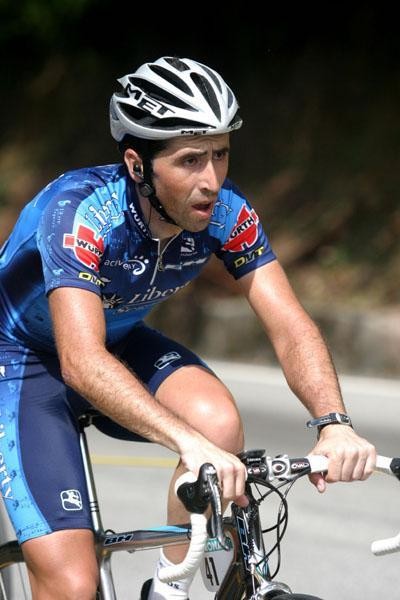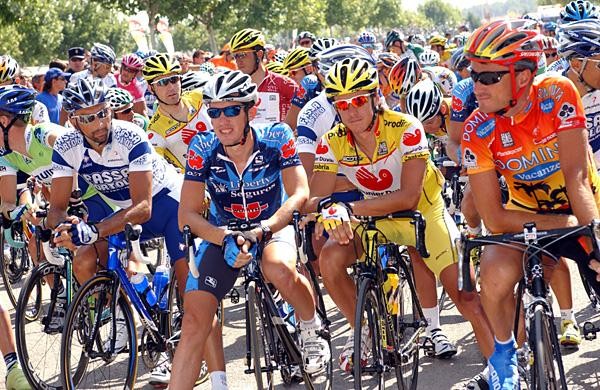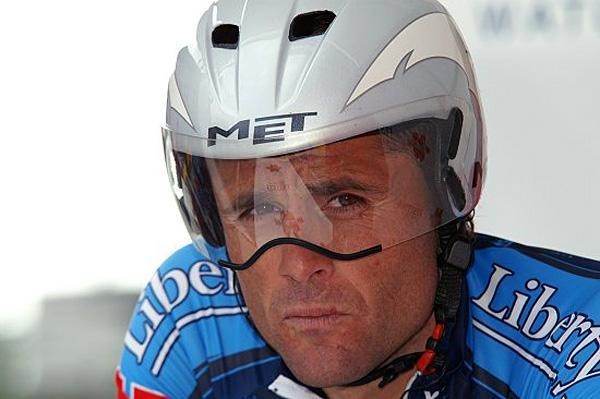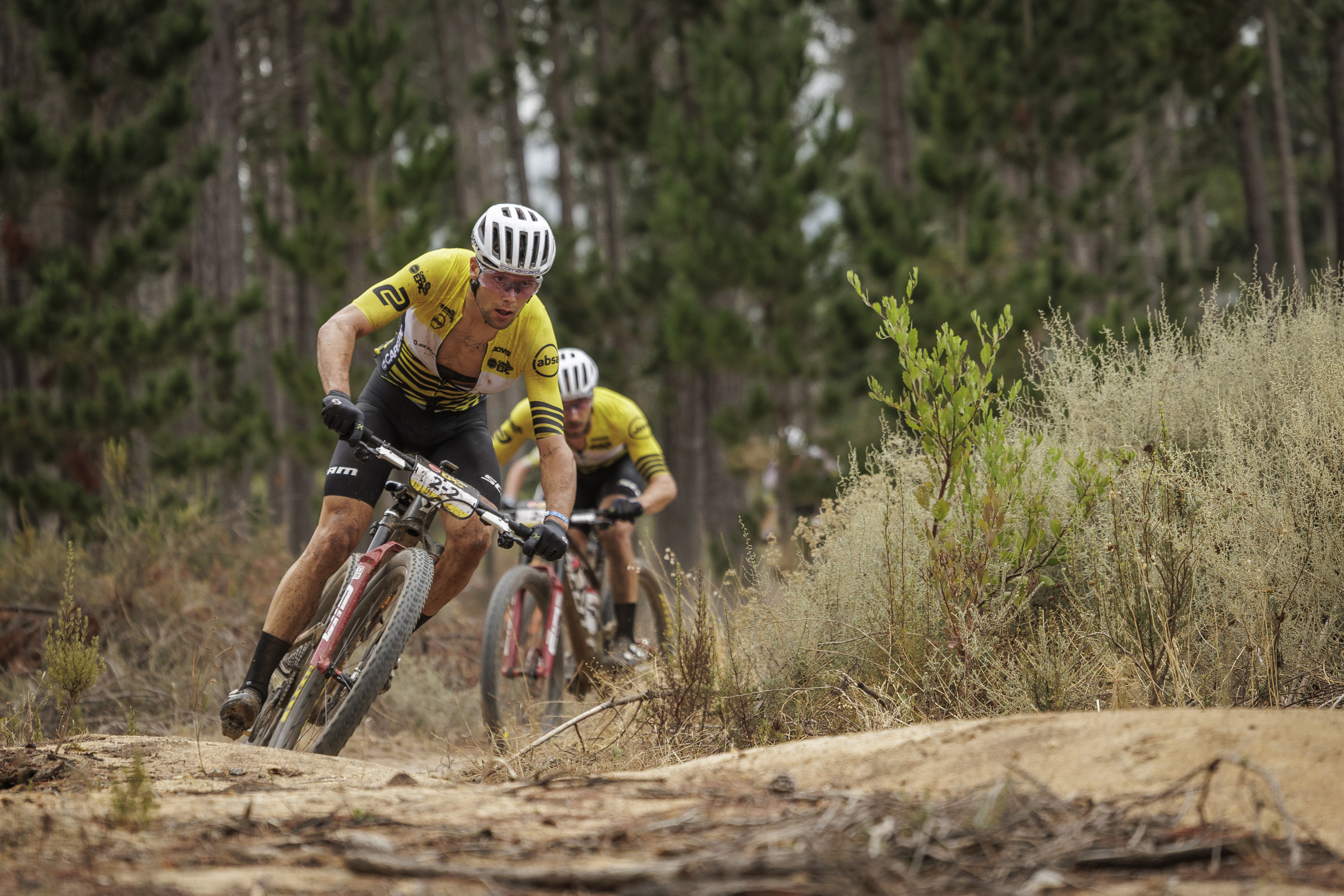Operacion Puerto trial: Beloki, Etxebarria and Osa deny links with Fuentes
Isidro Nozal admits undergoing transfusions, but says he never doped
The latest race content, interviews, features, reviews and expert buying guides, direct to your inbox!
You are now subscribed
Your newsletter sign-up was successful



Former Liberty Seguros riders Joseba Beloki, David Etxebarria and Unai Osa denied having any link whatsoever with Eufemiano Fuentes when they testified in the Puerto trial Tuesday. The three ex-pros, who were all members of the Liberty Seguros team that fell apart when news of Operación Puerto broke in May 2006, insisted they had no idea why Fuentes possessed documents that appear to show their race programmes and denied making payments to Fuentes.
Regularly reminded by the judge presiding over the trial in Madrid that perjury could lead to a prison sentence, all three ex-pros said they had only ever worked with official team doctors. This was surprising in the case of Osa, as earlier in the trial Fuentes named him as one of the riders he had collaborated with. The Basque who finished third in the 2001 Giro d’Italia declared: “I had no type of professional relationship with Fuentes. None at all.”
Asked about a document that seems to allude to him breaking his collarbone in 2004 when he was riding with the Illes Balears team, Osa replied: “I don’t remember in which month it was that I broke my collar-bone.” The break occurred in June that year at the Bicicleta Vasca and prevented Osa from riding in the Tour de France.
Beloki, who finished on the Tour podium three times, said of Fuentes, “I know who he is, but we have never had any kind of relationship.” Asked about a document found in a search of an apartment owned by Fuentes that appears to show his race programme, he stated: “The first time that I saw that document was in the press. If you look on Google you can find photos that also show it.” He admitted that a phone number that appeared on one document he was shown was his home number, but said he was unable to say why it was there. Beloki also repeatedly denied that he had made any payments to Fuentes.
Asked whether he would be prepared to give a DNA or blood sample in order to show that none of the blood bags seized by Spanish police during the Puerto investigation were his, Beloki responded: “I always wanted to collaborate, but a lot of years have passed and I would have to think about it now.” This came after he had previously explained. “Logically, none of the blood bags are mine because he never took blood from me and never treated me.”
Testifying after Beloki, Etxebarria said that, “Fuentes has never treated me as a doctor.” He added that he had not had any blood taken from him in 2005. “I only underwent the UCI’s routine controls,” he said. Fuentes’s lawyer spent some minutes asking Etxebarria and the other riders about the controls carried out by the UCI’s “vampires”. The ex-riders explained that they were carried out in hotel rooms or wherever was convenient. His clear objective was to establish that treatments conducted by Fuentes, who is on trial for a crime against public health, were carried out in similar conditions to these.
Testifying before this trio, their former teammate Isidro Nozal admitted he had worked with Fuentes, but said he only did so for three months during 2005. He indicated their link ended when Nozal was prevented from riding that year’s Dauphiné Libéré due to an elevated haematocrit. Nozal said Fuentes had carried out three transfusions during those three months, explaining that Fuentes “carried them out for the purposes of analysis”.
The latest race content, interviews, features, reviews and expert buying guides, direct to your inbox!
Asked why the letters E and R appeared next to the date of 5 June 2005, two days prior to the start of the Dauphiné, he said he didn’t know. Giving evidence yesterday, former Liberty rider Jörg Jaksche said the letters indicated “extraction” and “reinfusion”. Nozal affirmed that Fuentes had taken blood from him, but not transfused blood back.
Like his three former teammates, Nozal denied ever using doping products. When the lawyer representing the UCI pointed out that he had tested positive in 2009, he said: “Yes, for EPO CERA. I don’t know why. Ask the doctor.”
Unlike Jaksche, Nozal said he was not prepared to give a sample of his DNA to check against blood bags held by the police. He also appeared confused about the dates he worked with Fuentes, at one point saying they had started collaborating in 2004, before stating later on that their relationship began in 2005. Like his former teammates, he said he did not know why Fuentes possessed his race calendar for 2005. “I’ve never seen this document and I don’t know why Eufemiano had it. I used to stay in touch with him via phone from my races,” he explained, having previously said Fuentes was responsible for his training plans and diet.
Katusha’s Angel Vicioso was also due to appear today, but missed the hearing because he is affected by lumbago. He is now due to give evidence on February 22, the same day as Alberto Contador. Tomorrow (Wednesday), doping whistleblower Jesús Manzano is due to give evidence.
Meanwhile, a key witness for the prosecution, forensic scientist Francisco Aguanell, reportedly died on Monday of a heart attack. Aguanell had examined Manzano and was to give evidence on the detrimental effects of blood transfusions. Manzano claims to have fallen seriously ill on two occasions as a result of blood manipulation.
Peter Cossins has written about professional cycling since 1993 and is a contributing editor to Procycling. He is the author of The Monuments: The Grit and the Glory of Cycling's Greatest One-Day Races (Bloomsbury, March 2014) and has translated Christophe Bassons' autobiography, A Clean Break (Bloomsbury, July 2014).
